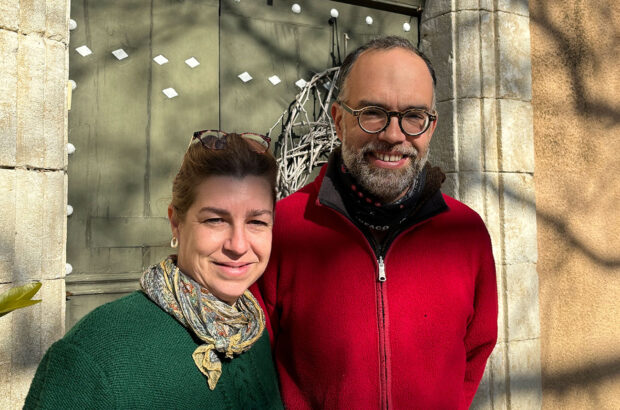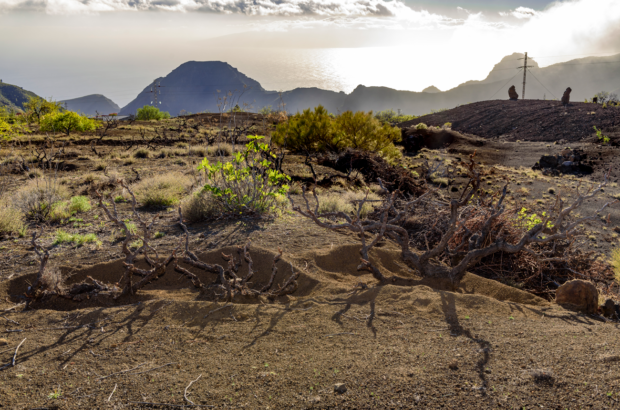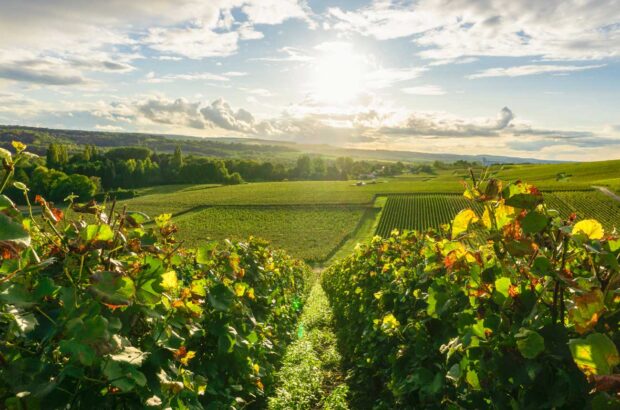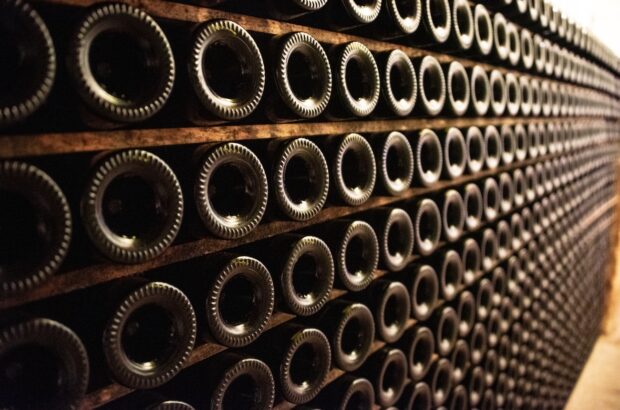Wine grower associations from 15 EU member states will gather in Brussels this week to lobby against a European Commission reform that would increase vineyard plantings.
EFOW: against any liberalisation of planting rights
The European Commission envisions a liberalisation of planting rights starting in January 2016.
A meeting on 7 November organised by the Association of European Wine Regions (AREV) will gather elected officials representing more than 50 European wine regions to say ‘no’ to the Commission reform plan, according to a press release.
Growers are now close to the required majority that would block the Commission’s reform. To date, 15 out of 27 EU countries – including France, Spain, Italy, Germany and Portugal – have registered their disagreement and formally asked the European Commission to reconsider.
To obtain a qualified majority, 255 votes in the European Parliament are also required in addition to a majority of EU countries, but the growers’ lobby is short by 40 votes.
‘We need to convince a large country like Poland to vote with us,’ said Daniela Ida Zandona of the European Federation of Origin Wines (EFOW), which is taking part in the meetings next week.
Groups representing vineyard growers say that the Commission reform will lead to ‘catastrophic results’ for the historical and cultural nature of Europe’s vineyards.
EFOW cited Alsace wines as an example. ‘This small 15,600 ha vineyard has 5,000 producers and employs 20,000 people. These hillside vines form a quintessential part of one of the world’s most beautiful wine landscapes. Around 7m people visit Alsace every year, 85% of whom come to explore the wine routes,’ it says.
The European Commission’s reform would encourage vine planting to shift ‘from the hillside to the plains’ and ‘reduce the number of wine growers to around 100 or so,’ it continued. Finally, according to EFOW, ‘the tourism industry will wither away, the environment will deteriorate, and biodiversity would suffer.’
Zandona stressed that next week’s gathering is an effort to raise awareness in the EU Parliament.
Another key meeting takes place on 14 December when the so-called High Level Group, established under Dacian Cioloș, European Commissioner for Agriculture and Rural Development, gathers in Brussels.
Made up of representatives from each of the 27 EU member states, two EU Parliament observers and representatives from growers’ associations and wine industry groups, this group will offer influential opinions on the future of the reform plan.
Written by Panos Kakaviatos







